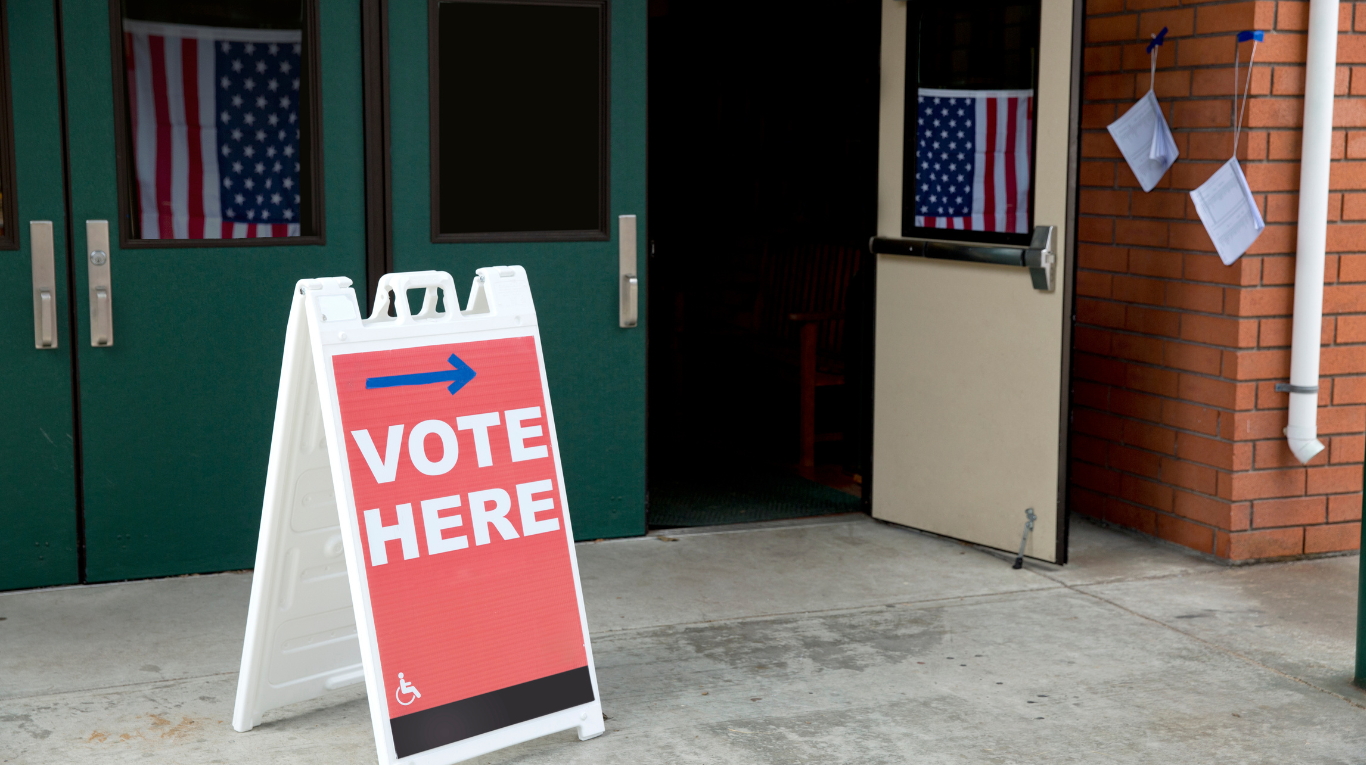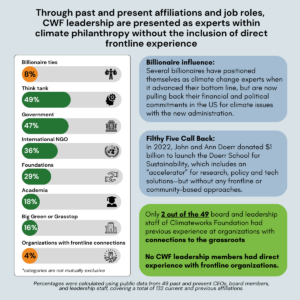CONTACT(S): Russell Roybal rroybal@ncrp.org
Elbert Garcia, egarcia@ncrp.org
NCRP: The Cost to Protect Democracy Has Skyrocketed –
So Why Haven’t Grants Kept Up?
NCRP’s latest analysis urges funders to urgently address the unreasonably skyrocketing costs of
current voter registration and civic engagement efforts to ensure a just and equitable multiracial democracy.
“The Cost to Protect Democracy Has Skyrocketed –
So Why Haven’t Grants Kept Up?”
As we race towards the end of another election cycle, it’s important for philanthropy to remember that under resourced grassroots groups across the country have been working to overcome costly new obstacles that threaten to disenfranchise voters and drive down political participation this year and beyond.
The latest research brief by the National Committee for Responsive Philanthropy, “The Cost to Protect Democracy Has Skyrocketed – So Why Haven’t Grants Kept Up?” details how current voter registration and civic engagement costs have unreasonably shot up and why funders dedicated to strengthening democratic institutions and systems must boldly expand their investments to meet the moment.
“A just and equitable multiracial democracy depends on a strong and resourced civic infrastructure carried out by community organizations and centered on local needs,” says NCRP’s President and CEO Aaron Dorfman. “However, how can we expect our civic institutions to function – let alone thrive – if democratic participation is challenged and restricted at every turn?”
The brief includes summaries of the latest public data from groups like the Democracy Fund and the Brennan Center and qualitative data from conversations with organizations like the Advancement Project. Florida Rising, the Florida Immigrant Coalition (FLIC), and Southeast Immigrant Rights Network (SEIRN). Among the points that report makes:
- Nationally, a whopping 57% of the US population live in states across the political spectrum that have passed restrictive voter registration laws to inhibit the work of local civic engagement organizations.
- According to the Brennan Center for Justice, 14 states in 2023, had enacted 17 laws making it harder for eligible Americans to register, stay on the voter rolls, or vote (including by restricting third party voter registration organization – 3PVRO – efforts), while six states had enacted seven election interference laws. Between January and May, 2024, six states enacted seven new restrictive voting laws and one state enacted a new election interference law.
- According to NPR reporting, after Florida’s new law restricting voter registration efforts went into effect, incoming registrations through drives fell by 95% compared to the same period four years ago.
- Among the 12 most prominent democracy funders, only 6 percent of their democracy funding was for voter education and engagement.
- As a result of inflation, the dollar that was given to civic engagement organizations five years ago only covers 81 cents of those expenses in 2024.
The report also looks at how new right wing–crafted regulations in states like Florida are impacting democracy groups on the ground by increasing or imposing new penalties on volunteers or workers who assist voters during an election. Laws like Alabama’s S.B.1 are even putting some actions in the same felony category as first-degree manslaughter and second-degree rape.
The cost to run a voter registration operation has increased substantially,” says Moné Holder, Senior Director of Advocacy & Programs at Florida Rising. “[We’re] able to bring costs down a little bit because we are statewide and operate in multiple counties. But smaller organizations incur a bigger overhead.”
A Time for Philanthropy to Step Up – Today and After the Election
The report urges grantmakers and wealthy donors to trust the expertise of grassroots leaders and provide larger and more flexible grants that enable grantees to build and run effective programs.
“Restrictive laws that make civic engagement incredibly difficult pose a substantial barrier to democracy,” says FLIC Deputy Director Renata Bozzetto. “It’s morally wrong to have people out of the voter roster simply because they are afraid of completing a voter registration card alone. It is really problematic to keep people waiting for a vote-by-mail ballot that will never come because we now have a law that has canceled their vote-by-mail request without their knowledge. It isn’t democratic that people choose not to vote because they are intimidated by anti-immigrant rhetoric.”
“There are no off years for vote suppressors,” says Advancement Project Executive Director Judith Browne Dianis. “The bottom line is that they want power, and they see this shifting demographic of America as a threat to their power. They don’t take off-years, right? There are no off years. So what that means is for funders is that we need to be funded for transformation not transaction.”
“Philanthropy has an opportunity to address these obstacles and eliminate the increasing administrative strain that exists on civic participation throughout the year and across all election cycles,” says Dorfman. “Deeper and bolder multi-year investments can not only help groups manage the current moment of crisis, but also create the kind of long-term stability that helps protect democracy and grow opportunities for all.”
ABOUT NCRP
The National Committee for Responsive Philanthropy (NCRP) has served as philanthropy’s critical friend and independent watchdog since 1976. We work with foundations, non-profits, social justice movements and other leaders to ensure that the sector is transparent with, and accountable to, those with the least wealth, power and opportunity in American society.
Our storytelling, advocacy, and research efforts, in partnership with grantees, help funders fulfill their moral and practical duty to build, share, and wield economic resources and power to serve public purposes in pursuit of justice.
































































































































































































































































































































































































































